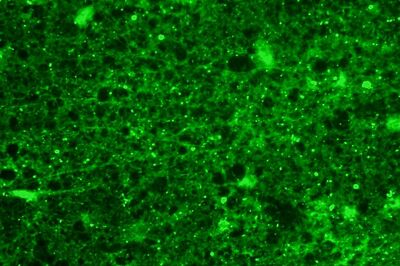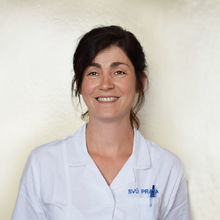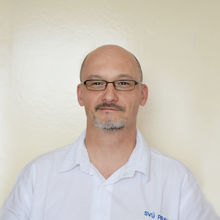Diseases caused by Lyssavirus affect the nervous systems of mammals. They are mostly transmitted by bites from infected individuals via saliva. If left untreated, the disease is fatal.
According to the WOAH, the territory of the Czech Republic has been officially free of rabies since 2004 thanks to the oral vaccination of wild animals (such as foxes and raccoon dogs) and the mandatory vaccination of dogs. Nevertheless, the SVS CR continues to organise the monitoring of reservoir animals for rabies throughout the country. In certain cases, other animals suspected of being infected with rabies are examined too.
Our laboratory is the only one in the Czech Republic that performs antibody titer testing after vaccination due to travelling with animals vaccinated against rabies to 'third countries' or importing vaccinated animals from 'third countries'. We also determine anti-rabies antibodies to verify the effectiveness of vaccination in humans.







